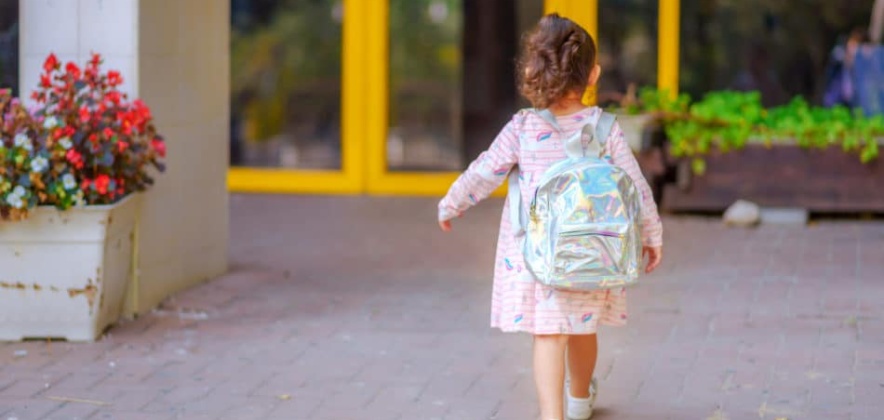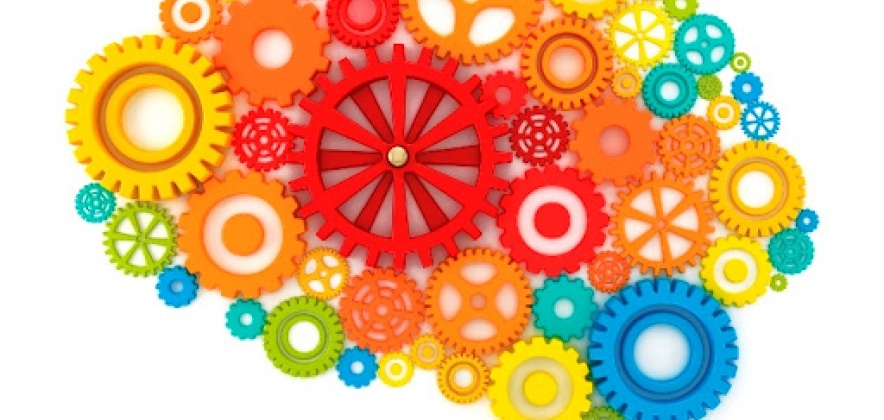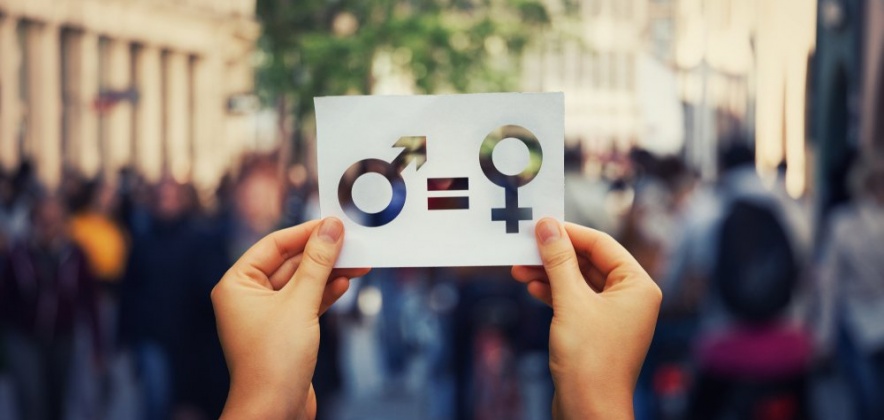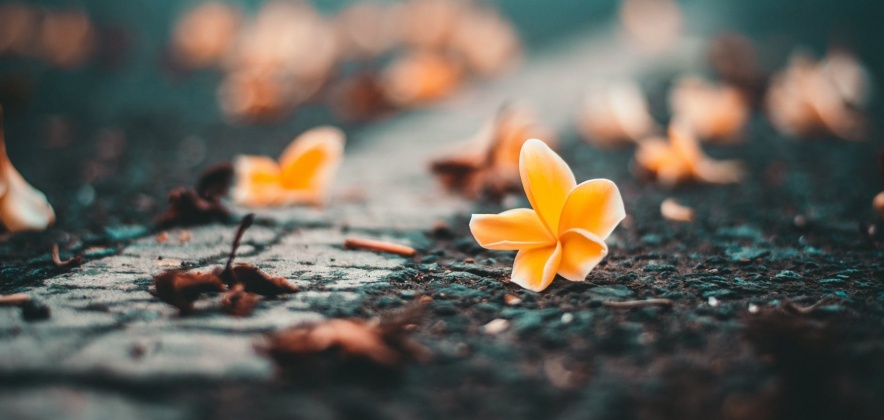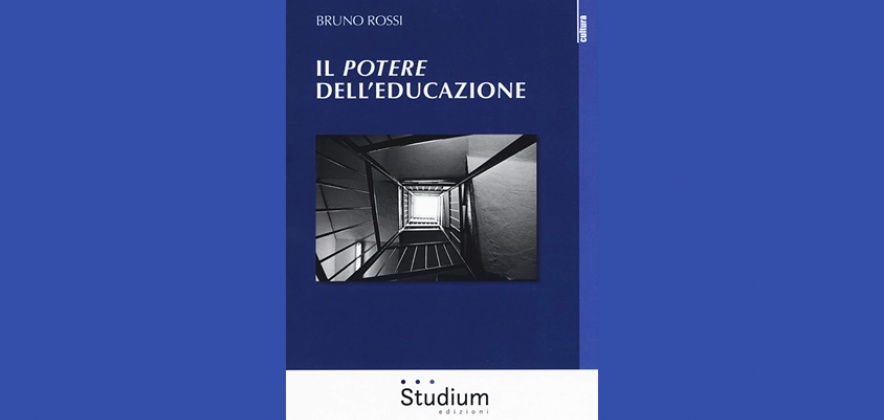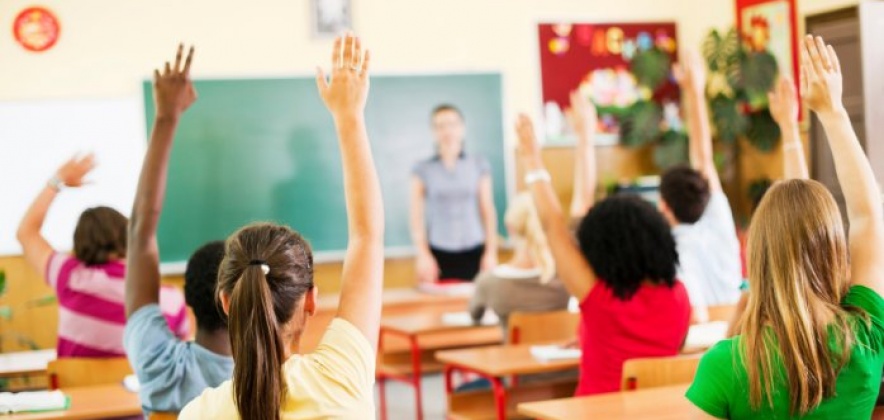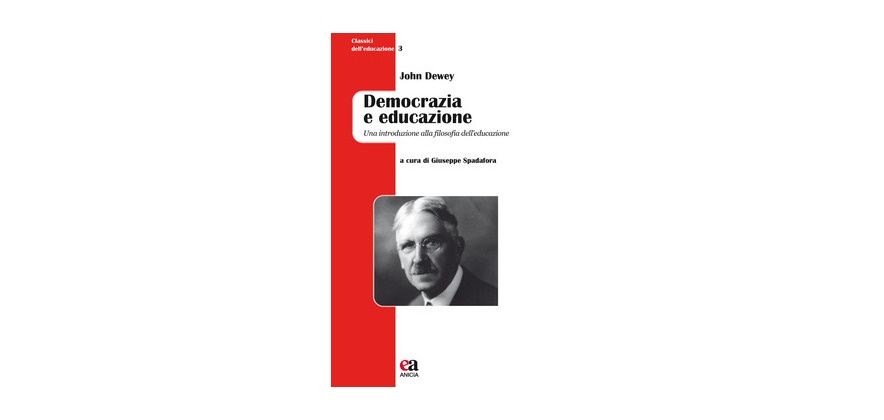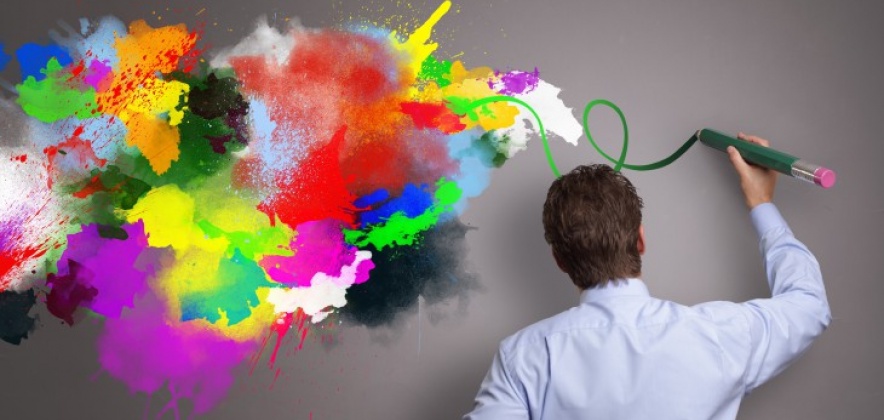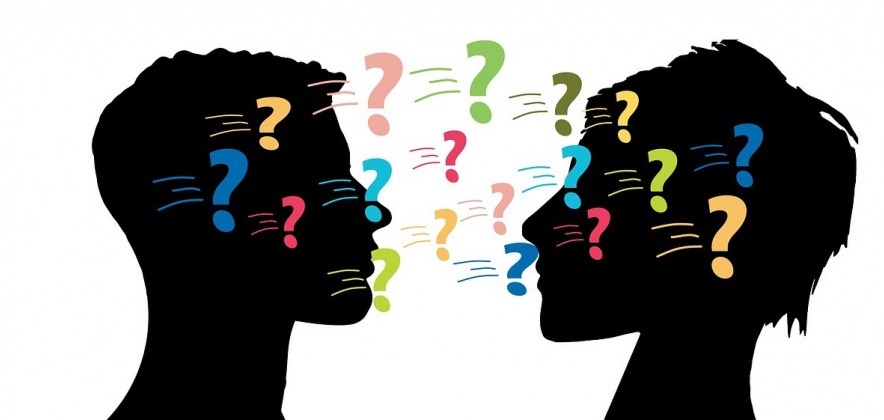
Abstract
People build themselves in their life, in relationships, in inputs and in requests they get. Everyone’s life is marked by encounters, stories and experiences shared through emotions and languages, signs and phenomena that require sensitivity and communicative and relational skills to be got. These skills are the basis of dialogic intelligence (Rossi, 2005, 2015; Gómez, Alonso 2014) that enables people to read words, feelings and non-verbal languages. Narration, dialogue spaces, listening exercises and reflexive silence build the different phases of an active critical methodology through that people explore personal worlds (inner and others’ worlds) and collective landscapes. Actions and thoughts make sense in these contexts of life, otherness paths (a topic debated by relational pedagogy), that engage the single person and the whole community, are taking shape to involve the School and the civil society.
 Classified "A" by ANVUR in the fields 11/D1, 11/D2 Scientific in the field 14.
Classified "A" by ANVUR in the fields 11/D1, 11/D2 Scientific in the field 14.
